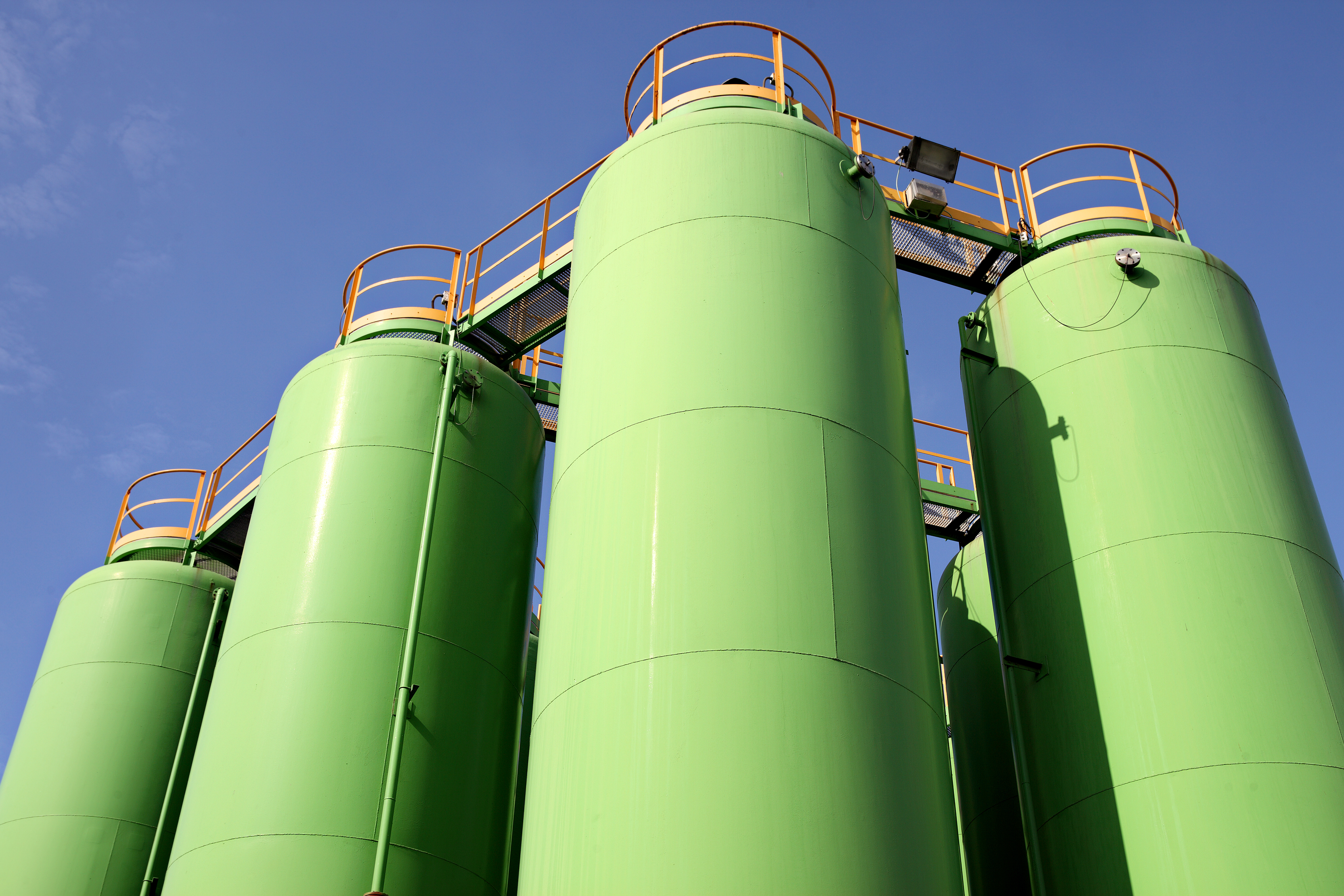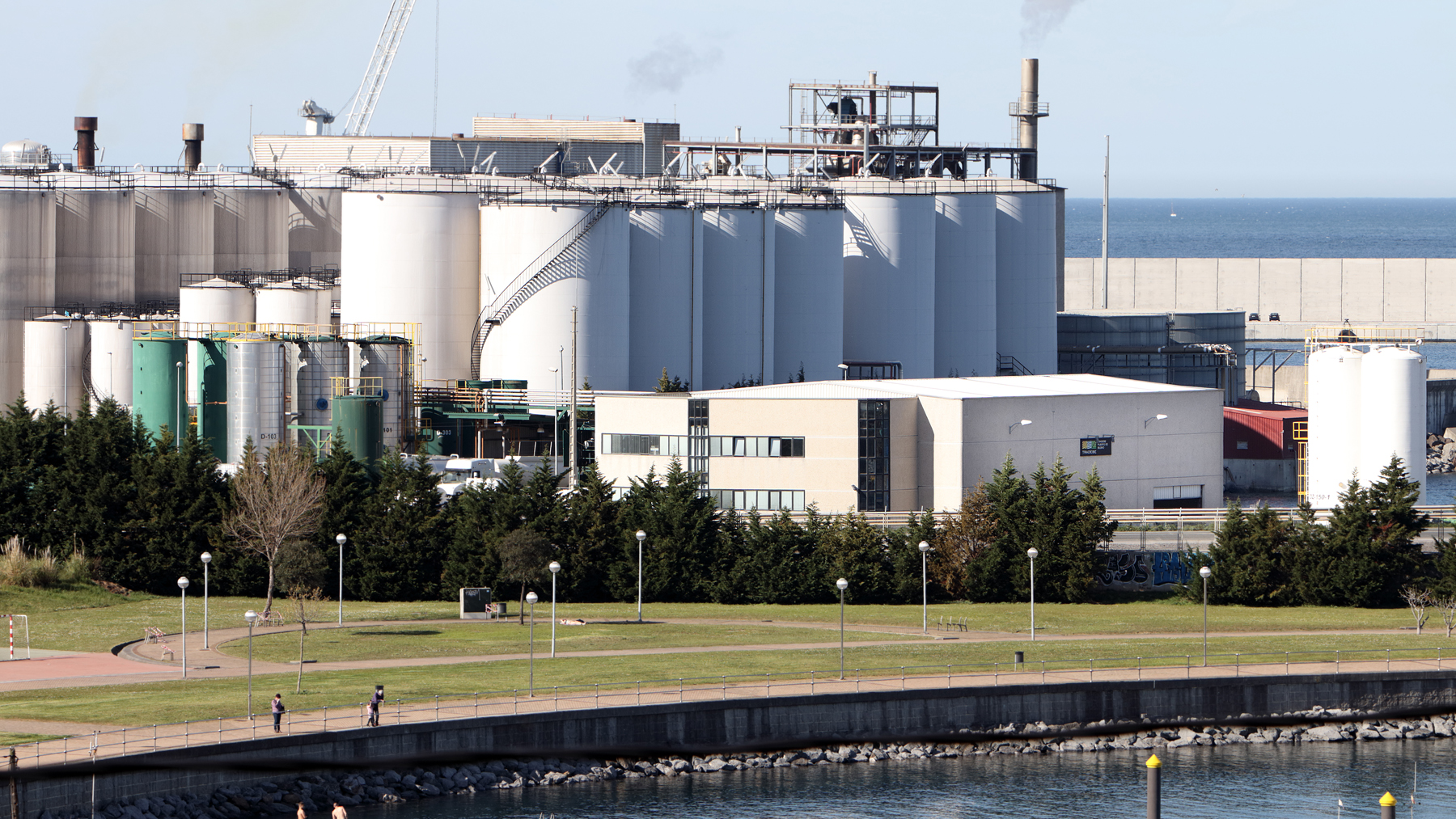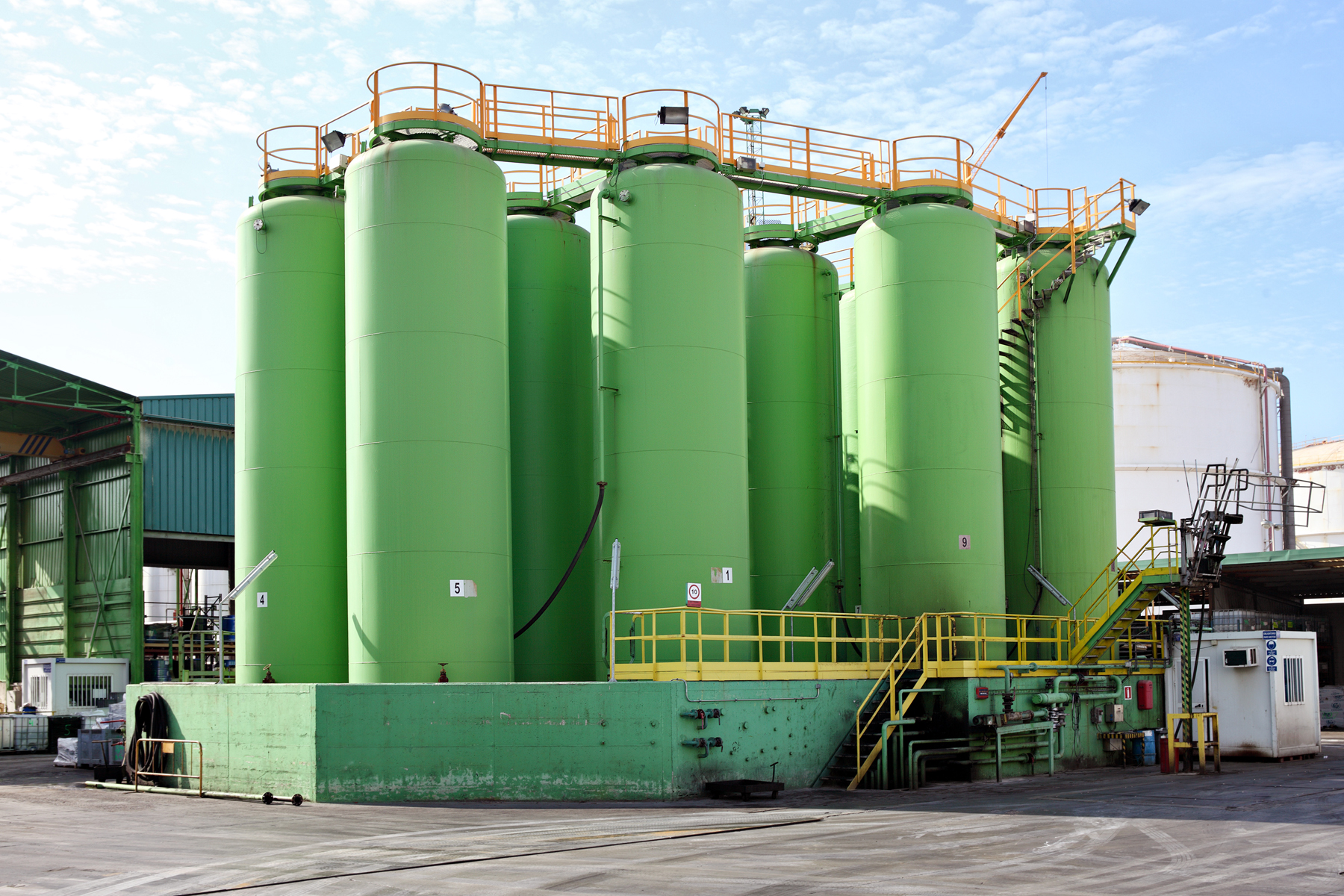
Category
SustainabilityCreation date
As part of its daily activity, a vessel will generate a range of different wastes including those resulting from the cargo, domestic waste, wastewater and even oily mixtures.
Consequently, in the vanguard of the International Maritime Organization’s international efforts to protect the marine environment are measures such as the Marpol 73/78 Convention, seeking to minimize the environmental impact of waste materials and the degradation of the marine ecosystem. The Convention does so by promoting optimization of the consumption of resources and controlling the dumping of potentially polluting substances, paying special attention to contamination of the marine environment by fuels or pollutants resulting from their use.
The governing authorities of various ports are increasingly engaged in the search for sustainable solutions, aware of the impact of their activities on the environment and the need to find innovative approaches to minimize that impact. This requires alternative rational and efficient use of available resources, whilst guaranteeing the necessary services for the vessels that use the ports , including the supply of fuel.
In maritime transport, as in other industrial sectors, the linear cycle of exploitation and use of resources, and the elimination of waste, is no longer feasible. A vision of a circular economy is required, in which we can reuse waste to generate, in an economically feasible way, products that can be reintroduced into the production process.
The possibility of transforming hydrocarbon waste produced by ships into a high quality, reusable product with numerous benefits, opens up new and important ways of reducing the environmental impact of fuel use. To achieve this, port authorities must cooperate with the port reception facilities, which are responsible for the collection of this type of waste and which, until now, had limited recovery capacity.
image left

image right

This research process has culminated in the development of technology (patent pending) through which TGF (Tradebe Green Fuel) is obtained: an innovative, high-quality marine fuel produced from mixtures of heterogeneous oil waste, reducing by 50% the energy consumption of traditional recovery processes, while contributing to the reduction of CO2 emissions in terms of exploitation of traditional fossil fuels.
The treatment proposed by Tradebe is a revolutionary alternative to traditional methods of recovery, solving the potential shortage of marine fuel production and reducing waste generation to a minimum.
If you require further information about our process, please contact us here.
